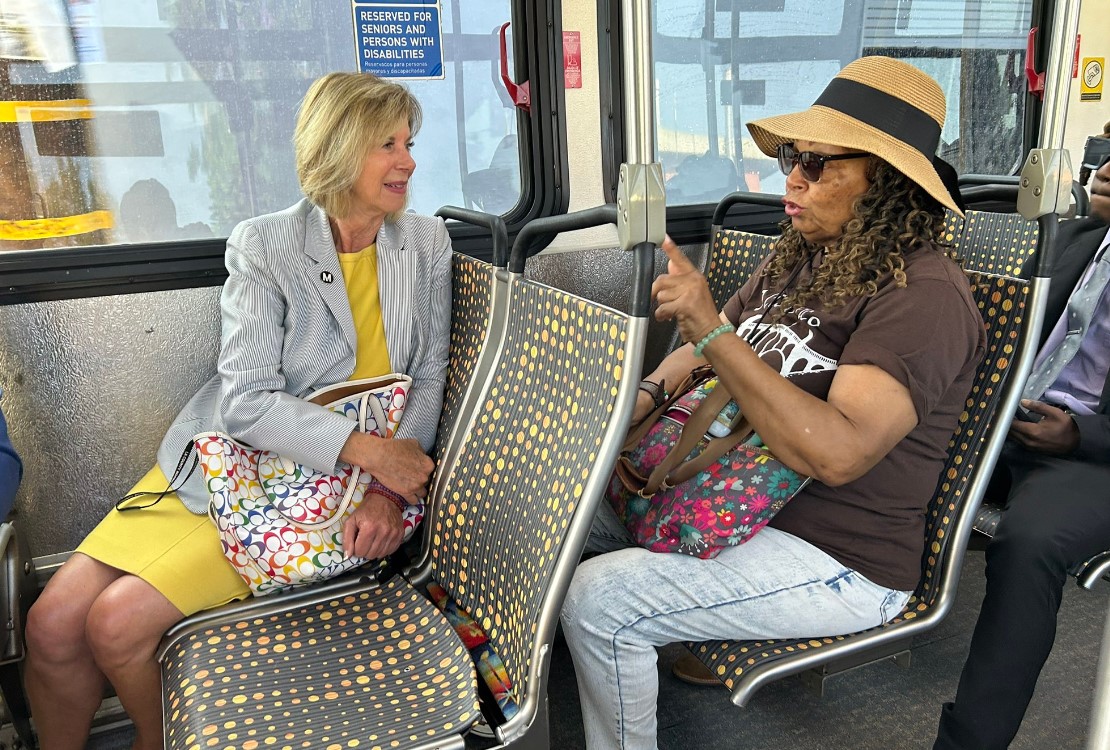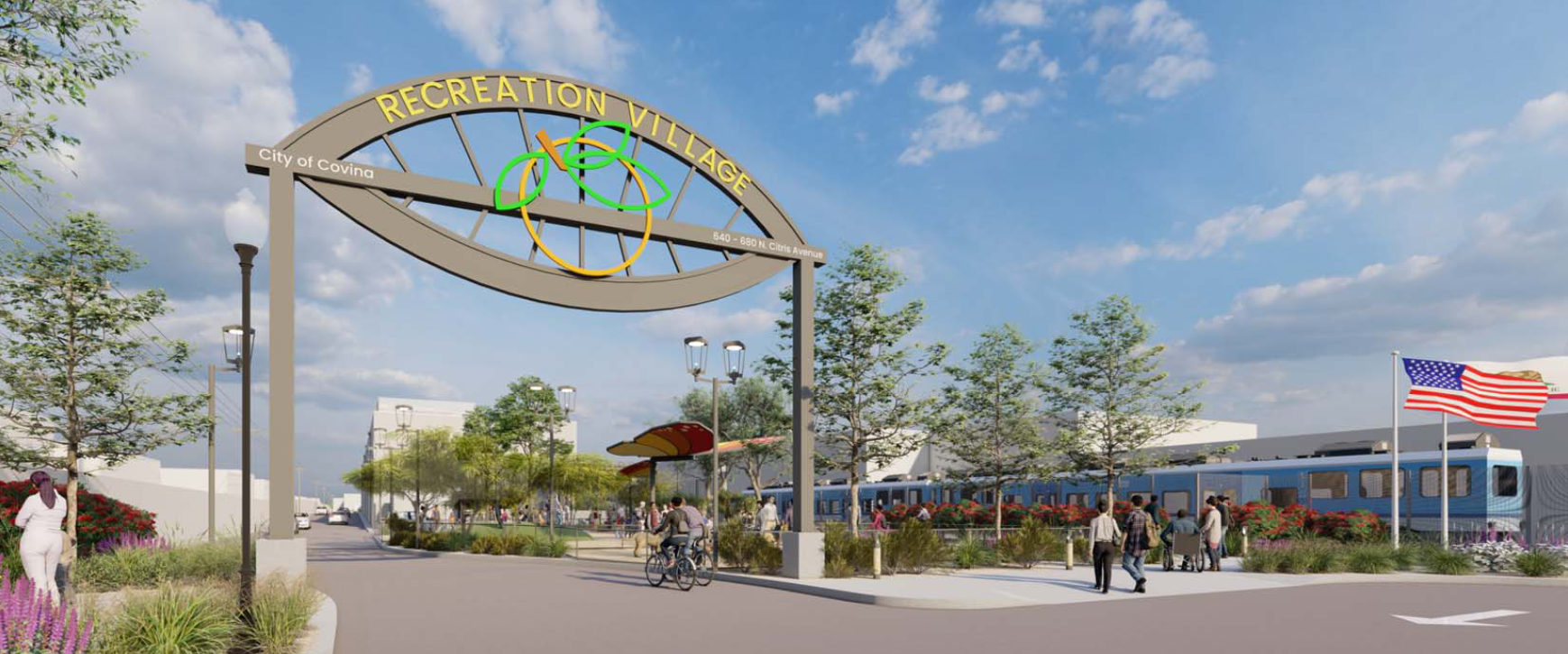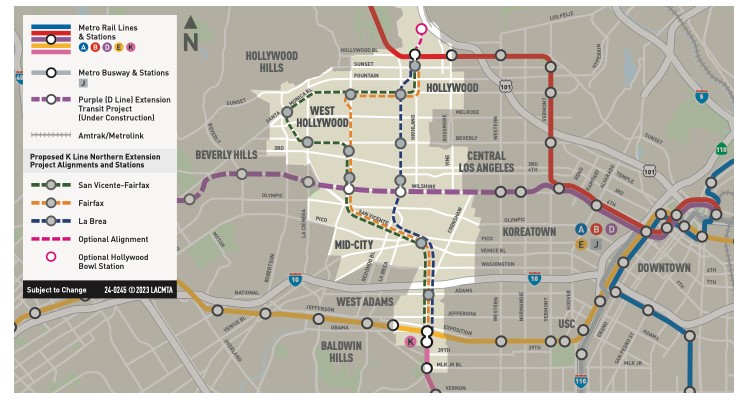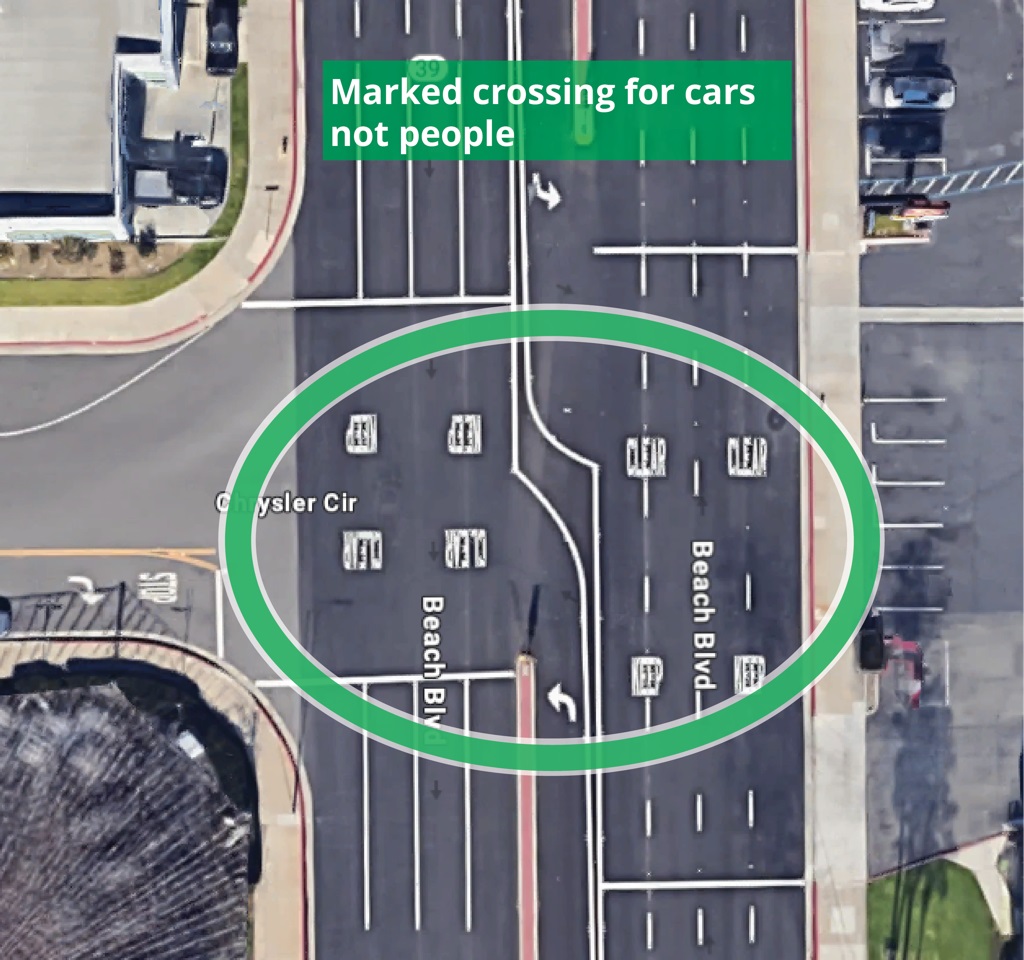
Every day at 6 p.m., San Francisco's parking meters shut down. But in many neighborhoods, motorists continue to seek parking, and without the turnover brought by meters, the streets become clogged with drivers circling around for a spot.
The big mismatch between meter hours and actual demand for curbside parking spaces in SF was demonstrated in a new study of SFpark [PDF], which found that the program has cut cruising times for parking by 50 percent in the areas where it's in place. The study, featured yesterday in Next City and The Atlantic Cities, was conducted by researchers at UC Santa Cruz, Carnegie Mellon University, and Nelson/Nygaard, who used data on parking occupancy from the SFMTA to model the effect of SFpark on driver behavior.
The study re-affirms the findings of a report published in the Journal of the American Planning Association last May [PDF], which showed that pricing parking according to demand is effective in reducing cruising. But as Donald Shoup, parking guru and one of the authors of last year's study, told Streetsblog in August, the successful SFpark program goes to waste after 6 p.m. due to SF's outdated meter hours, which were crafted in the mid-20th century when fewer businesses were open past that time.
"I hope San Francisco will ask, ‘Why is the right price at 7 p.m. on Union Square $0?," Shoup said. "We have the equipment, all the software, and we just put it to sleep at 6 p.m.”
As the graph above shows, the biggest spike in evening cruising is in the Inner Richmond, a non-SFpark neighborhood studied as a control sample. Cruising there peaks at about 8 p.m. In every area except downtown and Fisherman's Wharf, the daily peak in traffic caused by was after 6 p.m..
If Mayor Ed Lee wanted, he could nudge the SFMTA to simply extend meter hours to cut traffic on the streets in the evening. But rather than fixing SF's traffic problems, Lee has been more inclined to use his influence to move the city in the opposite direction by undoing Sunday parking meters.




